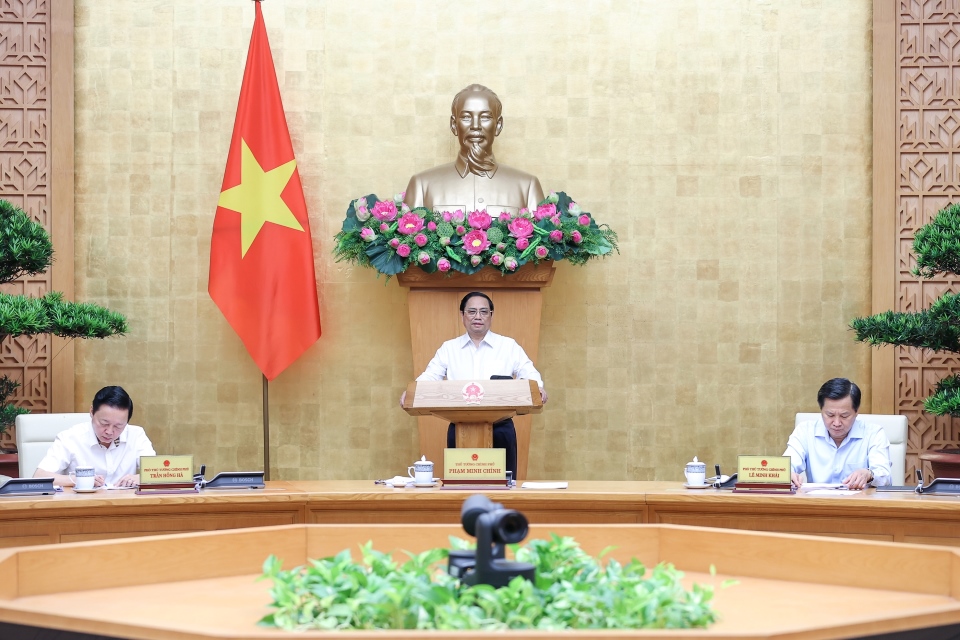HCMC – The Government is gearing up to introduce a draft resolution on the implementation of a global minimum tax policy and supporting measures for foreign investors during the upcoming National Assembly session scheduled for October.
The tax is an international effort to combat tax avoidance, with the Organization for Economic Co-operation and Development (OECD) proposing a 15% minimum corporate tax rate for multinational companies in October 2021.
All 142 member countries of the OECD’s Base Erosion and Profit Shifting (BEPS) initiative have already reached a consensus on this matter. To keep pace with global standards, certain ASEAN member countries are planning to implement the minimum global tax regulation by 2024.
The proposed policy aims to prevent companies from shifting profits to low-tax jurisdictions to minimize tax liabilities and ensure a level playing field for businesses.
Recognizing the need to keep Vietnam’s investment environment attractive, the Government is exploring new incentives and support mechanisms.
The prime minister has entrusted the Ministry of Finance and the Ministry of Planning and Investment to refine resolutions in collaboration with relevant agencies. After examination by the Ministry of Justice, these resolutions will be presented to the Government for approval and subsequently reported to the National Assembly during the October session.
Beyond the global minimum tax, the Government is also contemplating tax reforms in the value-added tax (VAT) and social insurance sectors. In the case of VAT, tax frameworks will be adjusted to accommodate emerging business models such as e-commerce and digital-based enterprises, with an a goal to identify and address loopholes to prevent tax fraud effectively.
Regarding social insurance, the changes will focus on critical aspects such as lump-sum withdrawals, pension eligibility, management costs, and mandatory participation expansion.
The Government acknowledges the importance of balanced measures that consider both short-term and long-term concerns, especially considering the significant impact these changes may have on workers’ rights and interests.
To further improve the efficiency and quality of social insurance management, the prime minister called for administrative reforms, an increased use of information technology, and digitalization efforts.











